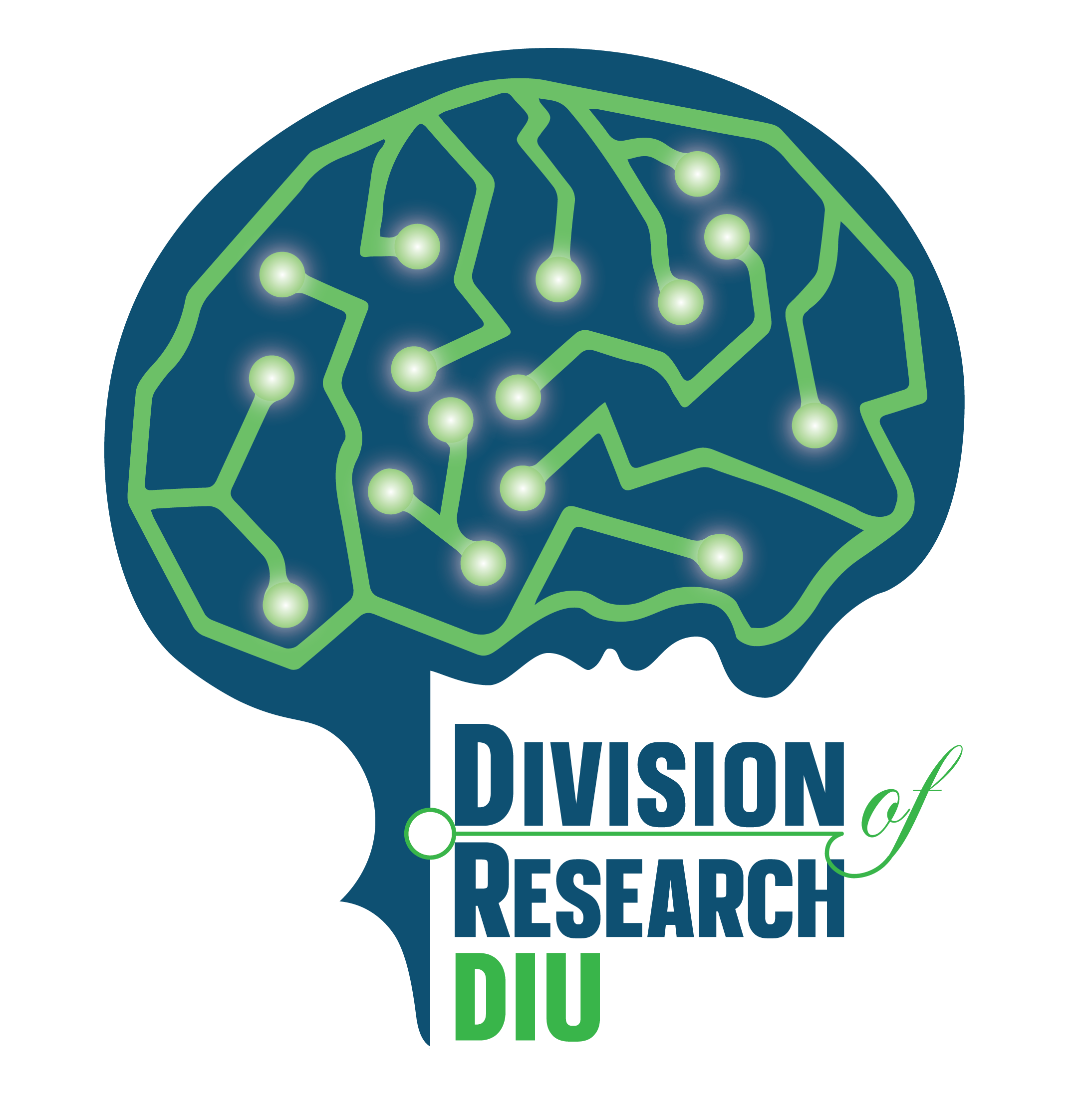Paper Details
- Title
- Designing Optimum Drug Delivery Systems Using Machine Learning Approaches: a Prototype Study of Niosomes
- Author
- , Nuruzzaman Faruqui,
- Abstract
-
This study demonstrates a machine learning approach in designing optimized drug formulations. Preferred Reporting Items for Systematic Reviews and Meta-Analyses system was adopted to screen literature resulting in 114 niosome formulations. Eleven properties (input parameters) related to drugs and niosomes affecting particle size and drug entrapment (output variables) were precisely identified and used for the network training. The hyperbolic tangent sigmoid transfer function with Levenberg–Marquardt backpropagation was used to train the model. The network showed the highest prediction accuracy of 93.76% and 91.79% for % drug entrapment and particle size prediction. Sensitivity analysis identified drug/lipid ratio and cholesterol/surfactant ratio as the most significant factors affecting % drug entrapment and particle size of niosomes. Accordingly, nine Donepezil hydrochloride noisome batches were prepared using a 3 × 3 factorial design with drug/lipid ratio and cholesterol/surfactant ratio as factors to validate the developed model. The model reached a prediction accuracy of more than 97% for experimental batches. Finally, the superiority of global artificial neural network was demonstrated compared to the local response surface methodology for Donepezil niosome formulations. Even though the ANN successfully predicted the parameters of Donepezil niosomes, several drugs with different physicochemical properties must be tested to confirm the validity of the model and its usefulness for designing new drug niosomal formulations.
- Keywords
- Journal or Conference Name
- AAPS PharmSciTech
- Publication Year
- 2023
- Indexing
- scopus

